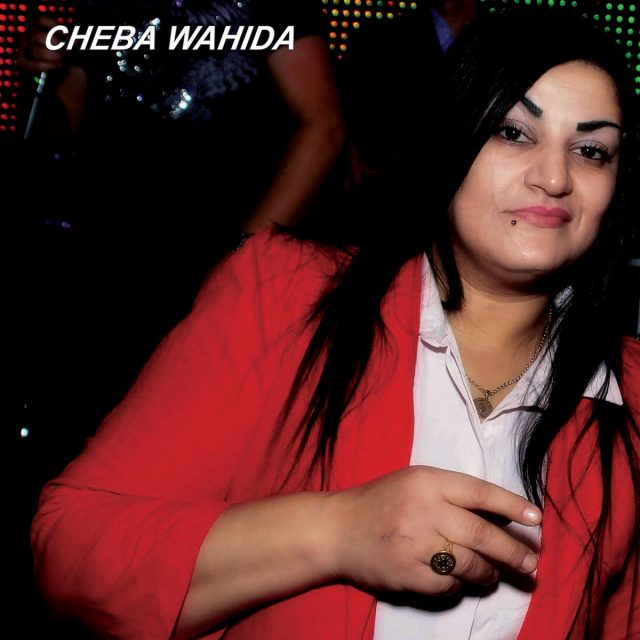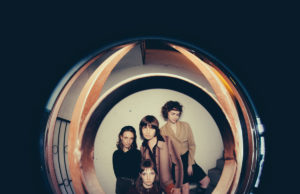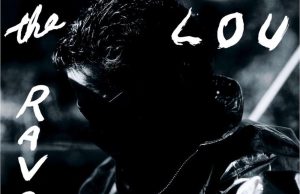THE EDITED PRESS RELEASE: “Pure raï fire from Algeria on the ever-searching Nashazphone label — an absolute must for anyone snagged on contemporary, Arabic North African music.
Sending a plume of prevailing heat from the Oran region on Algeria’s Mediterranean coast, Cheba Wahida’s dead distinctive vocals, cloaked in autotune and set to whirling keys in pendulous syncopation, are some of the hottest we’ve heard in 2022. Her Jrouli collection hails a newer, “feminized” wave of Raï artists from the region, and reaches our ears thanks to the democratisation of digital recording, and its dissemination via social media and 3G and 4G networks that sustain the scene’s underground rhizome beyond any official corporatised sponsorship or festivals.
Western ears were first introduced to the sound of raï in the ‘00s, and occasional reissues and YouTube dives have kept us snagged over the years, but this lot is the most significant in recent memory. It ideally showcases the influence of U.S. R&B and dancehall’s Arabic- flavoured Diwali rhythm as much as its local folk roots to our outsider lugs, and parallels the international bloom of mahraganat, or electro-shaabi from Egypt, for loose reference.
Ultimately it’s proper road and party music that hits no matter your tongue or background, one flush with ear-worming, colourful hooks between the flute blasts of Jrouli Jrouli and Cheba’s plangent cry on Nta Elwa3er, with the nattiest trample and trills in 3andah 3akliyet Daesh, jiggy late ’90s R&B flair of Droussi Ga3 Tharsou, and eight minutes of lushly celebratory, communal sway and crowd noise in Fel Nehar Akla Fe Lil Kbiba, with its unmissable froth of choral sampler chops.
What is fascinating with raï is that it has never needed media, scenes or official and sponsored festivals in order to exist, progress and reinvent itself. Wahida comes from that newer, incidentally very feminized, wave of raï artists in the Oran region. Vice remains a central theme in the lyrics of all these modern day chebbat whose strong voices and charisma are carried by electronic music and arrangements.”








































